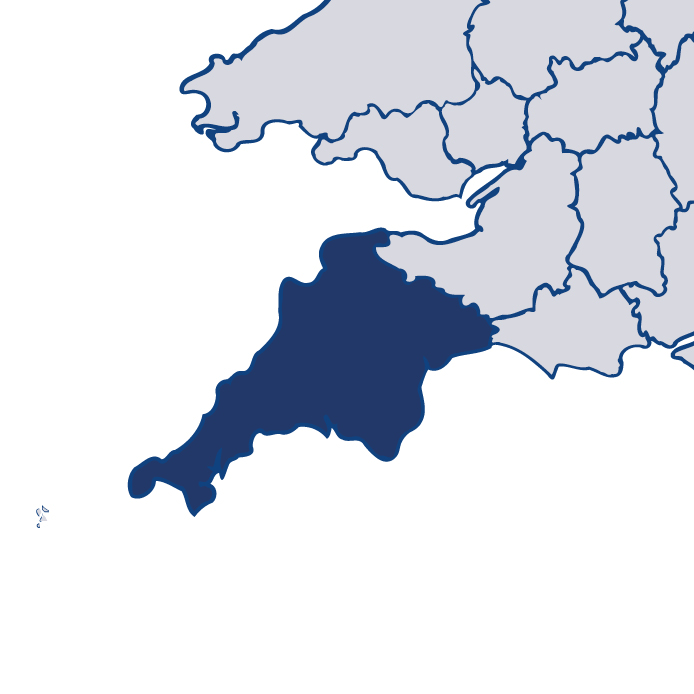Devon and Cornwall 2017
Read more about Devon and CornwallThis is HMICFRS’ fourth PEEL (police effectiveness, efficiency and legitimacy) assessment of Devon and Cornwall Police. PEEL is designed to give the public information about how their local police force is performing in several important areas, in a way that is comparable both across England and Wales, and year on year. The assessment is updated throughout the year with our inspection findings and reports.
The extent to which the force is effective at keeping people safe and reducing crime requires improvement.
The extent to which the force is efficient at keeping people safe and reducing crime is good.
The extent to which the force is legitimate at keeping people safe and reducing crime is good.
HMI's observations
Read my assessment of Devon and Cornwall Police below.
I am satisfied with most aspects of Devon and Cornwall Police’s performance in keeping people safe and reducing crime, but the force needs to make further improvements in some areas to provide a consistently good service.
Devon and Cornwall Police has significantly improved its crime recording practices since our inspection last year.
The force is working to enhance its neighbourhood policing and crime prevention. However, it still needs to improve its criminal investigations and its protection for vulnerable people, as performance in these areas has declined since 2016.
Devon and Cornwall Police should be commended for the progress it has made. Its overall direction of travel is positive and it now needs to sustain and improve its performance in certain aspects consistently.
The force makes efficient use of its resources and has a good understanding of the demand it faces. Over the past year, its strengthening alliance with Dorset Police has enabled both forces to benefit from sharing staff and equipment, and to provide more cost-effective services.
While Devon and Cornwall Police treats members of the public with fairness and respect, it needs to manage complaints about the force better.
Effectiveness
How effective is the force at keeping people safe and reducing crime?
Efficiency
How efficient is the force at keeping people safe and reducing crime?
Legitimacy
How legitimate is the force at keeping people safe and reducing crime?
Other inspections
How well has the force performed in our other inspections?
In addition to the three core PEEL pillars, HMICFRS carries out inspections of a wide range of policing activity throughout the year. Some of these are conducted alongside the PEEL inspections; others are joint inspections.
Findings from these inspections are published separately to the main PEEL reports, but are taken into account when producing the rounded assessment of each force's performance.






